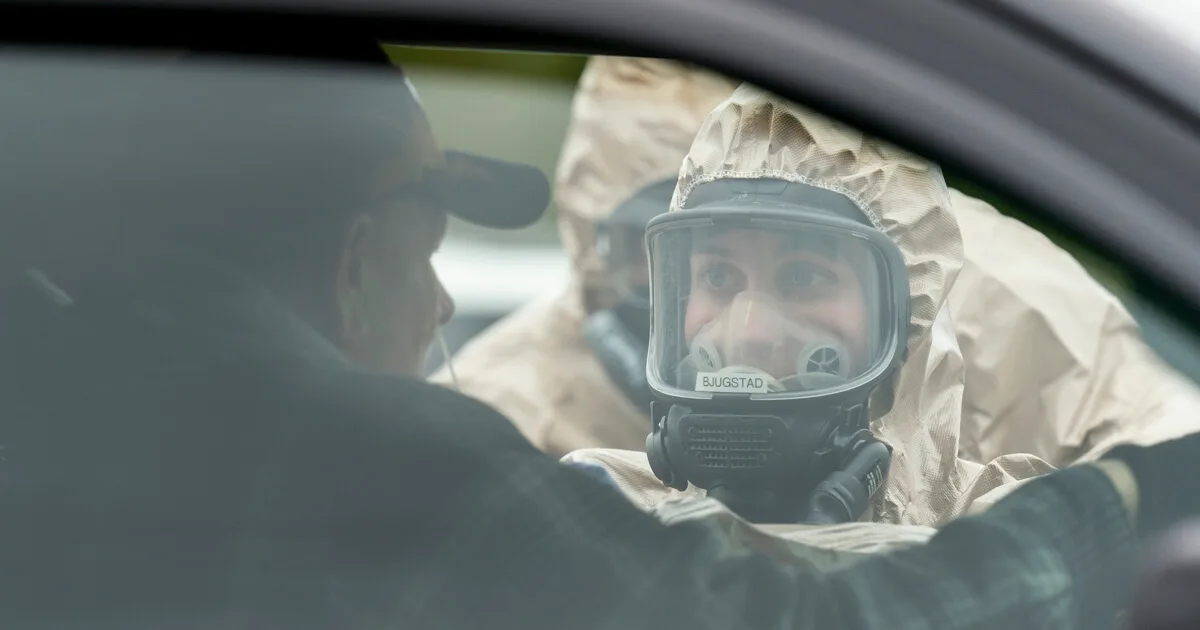
#image_title
New strategy targets northern communities and long-term care facilities
Wisconsin has had the lab capacity for the past few weeks to test 85,000 people per week for COVID-19, but there weren’t enough testing kits to give the labs enough tests to be operating anywhere near capacity.
That’s changing now.
On Monday, Gov. Tony Evers announced a plan to turn Wisconsin into a leader in the number of COVID-19 tests it administers to its residents, per capita. To make that happen, Evers is attaching four new testing initiatives to the Badger Bounce Back program.
The approach focuses on testing at long-term care facilities, setting up drive-through testing sites with the help of the Wisconsin National Guard, providing additional tests to health care systems across the state, and deploying teams quickly to areas of community outbreaks, such as those occurring at meat processing plants in Green Bay, to test all employees and their family members.
“Taking our lab capacity from the ability to perform zero COVID-19 tests in early March to more than 11,000 tests per day now is one of our success stories here in Wisconsin,” said Evers in a statement. “But capacity is not the same as utilization, so we have some work to do to ensure everyone who needs a test is getting one and to understand the full scope of this disease around Wisconsin.”
The main message coming from Evers and public health officials is that everyone who has symptoms of the virus — fever, shortness of breath, difficulty breathing, fatigue, body aches, chills, or loss of taste or smell — should request to be tested. When testing kits were in short supply, the state was only able to test those with severe symptoms.
“We don’t have 6 million tests to test the entire population at once. The goal for right now is to test people who are symptomatic,” said Dr. Ryan Westergaard, the state’s top epidemiologist. “There is a rule for testing people who are asymptomatic when they believe they have been exposed to someone who has been exposed. Otherwise, asymptomatic people do not need to be tested.”
When asked why the state does not allow more people to become infected with COVID-19 in an attempt to create what is known as herd immunity, a process that occurs when a high enough percentage of a population has been exposed to a virus, Westergaard said, “That is not a viable option.”
“This is one of the most transmissible respiratory viruses we’ve ever seen.” he said in a call with reporters on Monday. “That would cost many lives and many preventable deaths. Our goal is not herd immunity. Our goal is to contain the virus. We know how to do that.”
Westergaard added, “We really are not in favor of letting large numbers of people get infected with the goal of creating immunity in the state. That would not be a good idea.”
To ramp up testing efforts, tests are being distributed in greater quantities across the state. Palm said one reason rural areas were not testing as many residents is due to the fact most of the 51 labs processing tests are attached to large healthcare systems in more urban areas.
To date, the state has responded to 187 COVID-19 outbreaks statewide, with 93 of those occurring at long-term care facilities, said Andrea Palm, secretary-designee of the state Department of Health Services.
The new testing guidelines set a goal of testing 10,000 long-term care residents and staff each week during the month of May. Palm said it is a priority to get inside each of the state’s 373 long-term care facilities to determine the extent of cases and to protect this vulnerable population.
In addition to distributing more tests to clinics and testing all residents and staff of long-term care facilities, the state is expanding its partnership with the Wisconsin National Guard.
This week, the Guard will be mobilizing 15 new units to assist public health officials in operating free drive-through testing sites. That brings the total number of National Guard testing teams to 25, according to the state.
The testing events also involve the DHS, the Emergency Operations Center, Wisconsin Emergency Management, and local health departments.
Previous and ongoing mobile testing sites have included correctional facilities, health clinics, private businesses, and community-based testing sites in Milwaukee, Brown, Buffalo, Sauk, Dane, Grant, Kenosha, and Sheboygan counties.
Already this week the National Guard has set up free drive-through testing sites at the St. Croix Casino in Turtle Lake. The rest of week includes stops in Siren on Tuesday, Solon Springs on Wednesday, Ashland on Thursday, Baldwin on Friday and River Falls on Saturday.
For locations, times, and more northwest and western Wisconsin events in the following week, click HERE.
“I urge anyone who is experiencing any symptoms of COVID-19 to go get tested at one of these events,” Evers said in a statement.
Another new testing strategy is quickly responding to community outbreaks. To that end, the National Guard has also begun large-scale community testing in Brown County, which saw a massive surge in cases from fewer than 100 to more than 1,400 since Easter due to huge outbreaks at local meat processing facilities.
Free testing is now available at the Resch Center on Green Bay’s west side.
Anyone who lives or works in Brown County and has shown COVID-19 symptoms can sign up for a free test. Forty-five slots are available each hour 8 a.m.-6 p.m. Monday through Friday, and 10 a.m.-3 p.m. on Saturday. You can sign up here and find out more information here.
Brown County has a population of more than 260,000. County Executive Troy Streckenbach said another 20,000-30,000 non-county residents work there, making nearly 300,000 people potentially eligible for the free testing. The National Guard also plans to establish an east-side testing facility for easier access.
The state has already sent 4,700 tests to Brown County, and could send up to 12,000 more by the end of this month, Palm told reporters on a press call Monday. She said Brown County has made an ongoing ask of 3,000 tests each week for the month of May.
“To me, that is a significant game changer in terms of us finally being able to get ahold of how prevalent this is in our community, and at the same time start the process of isolating and quarantining and getting the services that are needed for those individuals who are positive for COVID-19,” Streckenbach said Monday morning in a call with reporters.
For a day last week, the Green Bay metropolitan area had the second-fastest growing outbreak in the nation, according to New York Times analysis. It now has the eighth-fastest.
On Monday, there were 8,236 positive COVID-19 cases and 340 deaths in Wisconsin. Of the positive cases, 1,621 of the patients required hospitalization, according to DHS, and 80,467 have tested negative.
As of Monday, Brown County had 1,441 cases, according to Public Health Strategist Claire Paprocki, an increase of about 300 over Friday’s count. One more resident also died of coronavirus over the weekend, bringing the total to six.
Brown County has the second-most cases in the state, with Milwaukee County leading with 3,300 and Kenosha County at a distant third with 550.
Jonathon Sadowski contributed to this report.
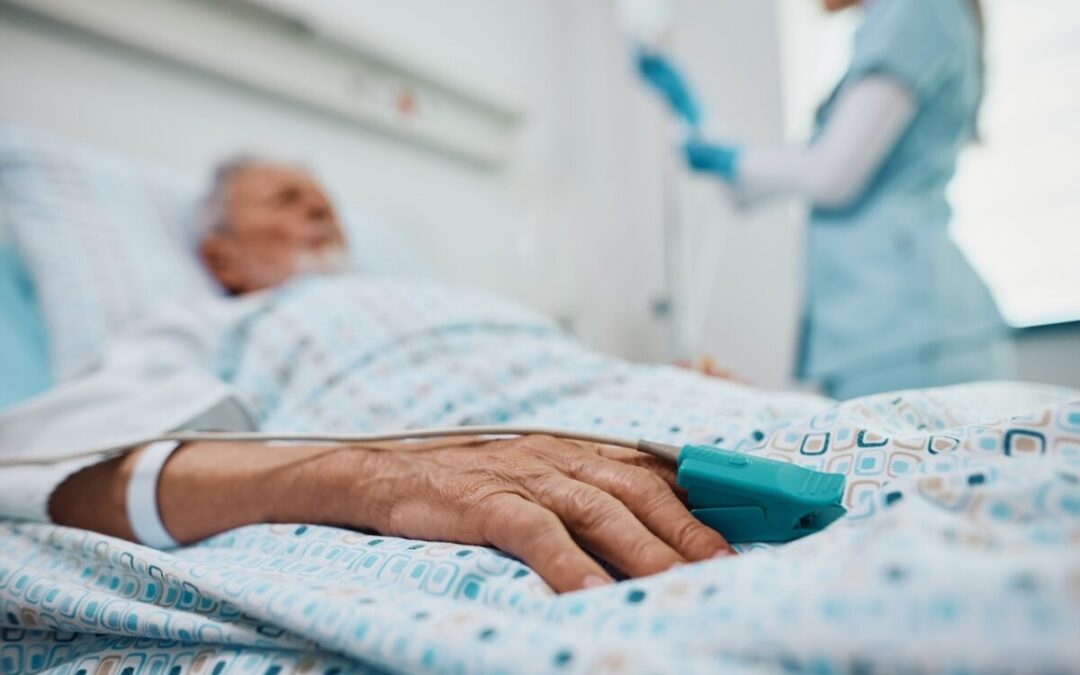
Fighting the fire from inside the house: Wisconsin Dems’ hail Mary to save rural hospitals from Trump
President Donald Trump's signature legislation, the so-called "Beautiful Bill,” will kick nearly 2 million people in rural communities off their...
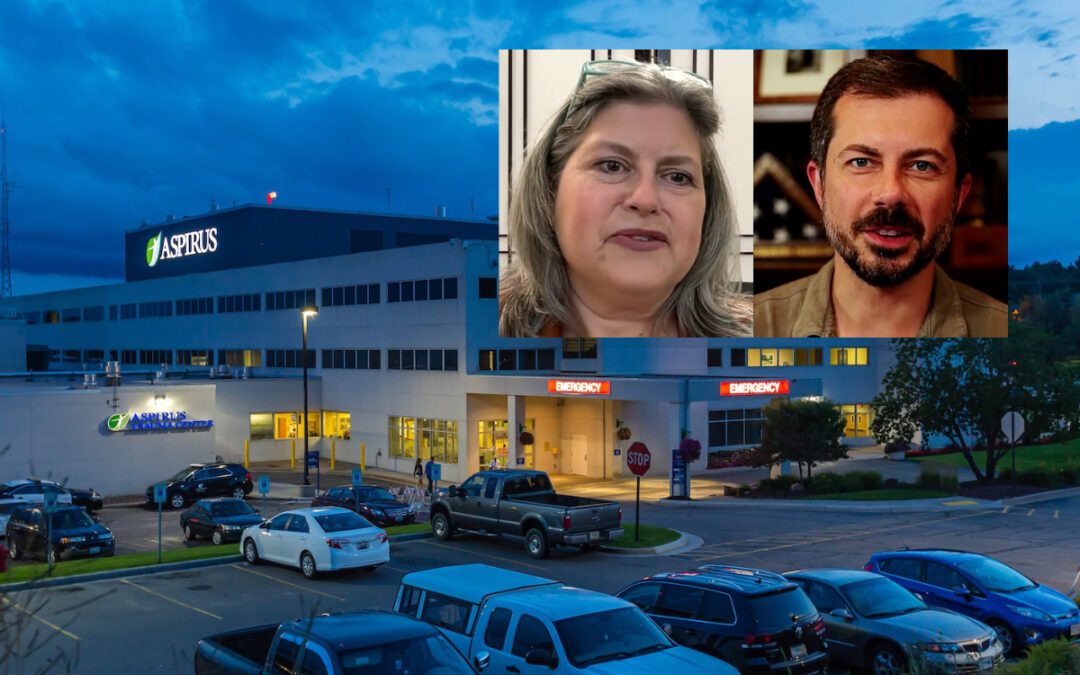
Rural health care faces ‘death spiral’ from GOP Medicaid cuts
A doctor from Tomah talks to Pete Buttigieg’s online audiences about cuts in services and longer travel times for life-or-death care. Rural health...
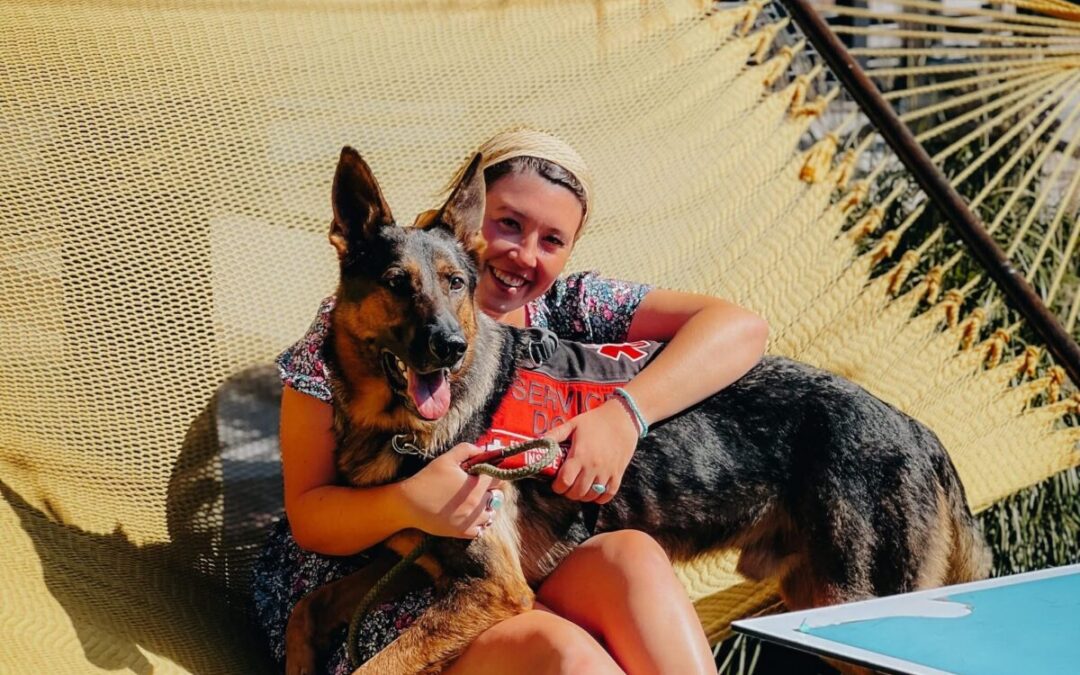
Medicaid turns from ‘a lifeline’ to a question mark for woman with chronic illness
At the age of 26, Emma Widmar has been chronically ill for more than half her lifetime. Widmar was 12 when her symptoms first showed up — severe...
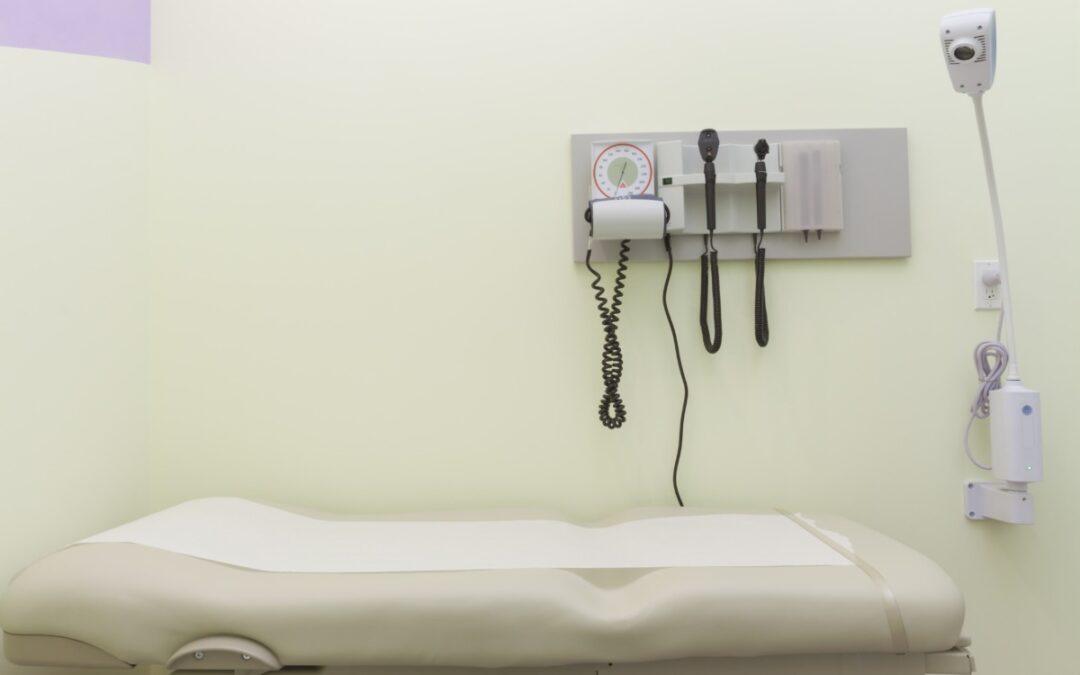
Tribal health leaders say Medicaid cuts would decimate health programs
By Jazmin Orozco Rodriguez March 19, 2025 As Congress mulls potentially massive cuts to federal Medicaid funding, health centers that serve Native...




